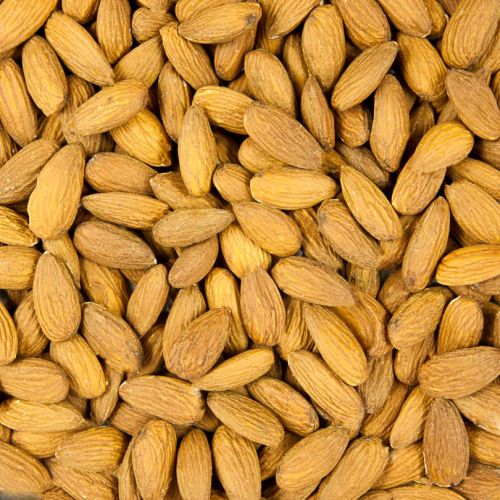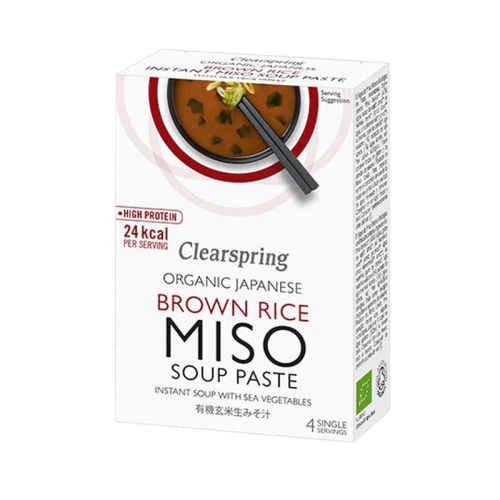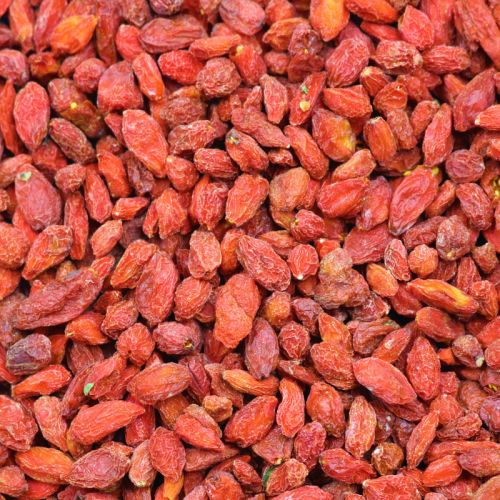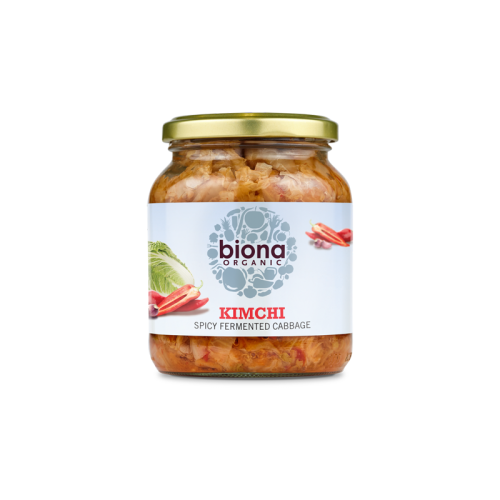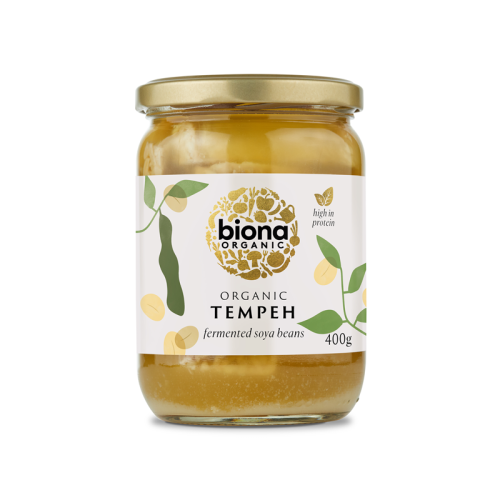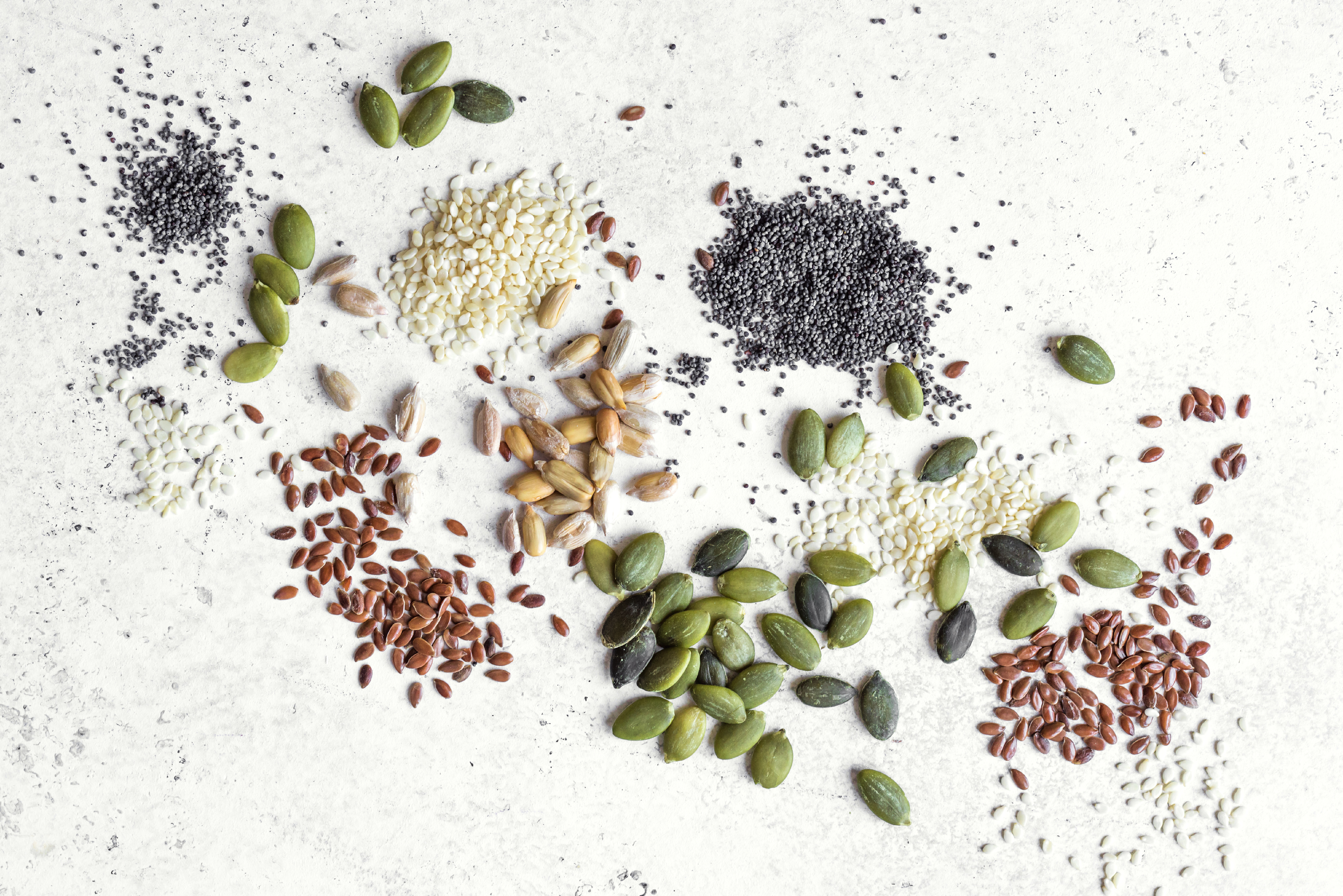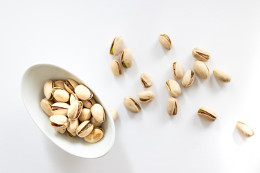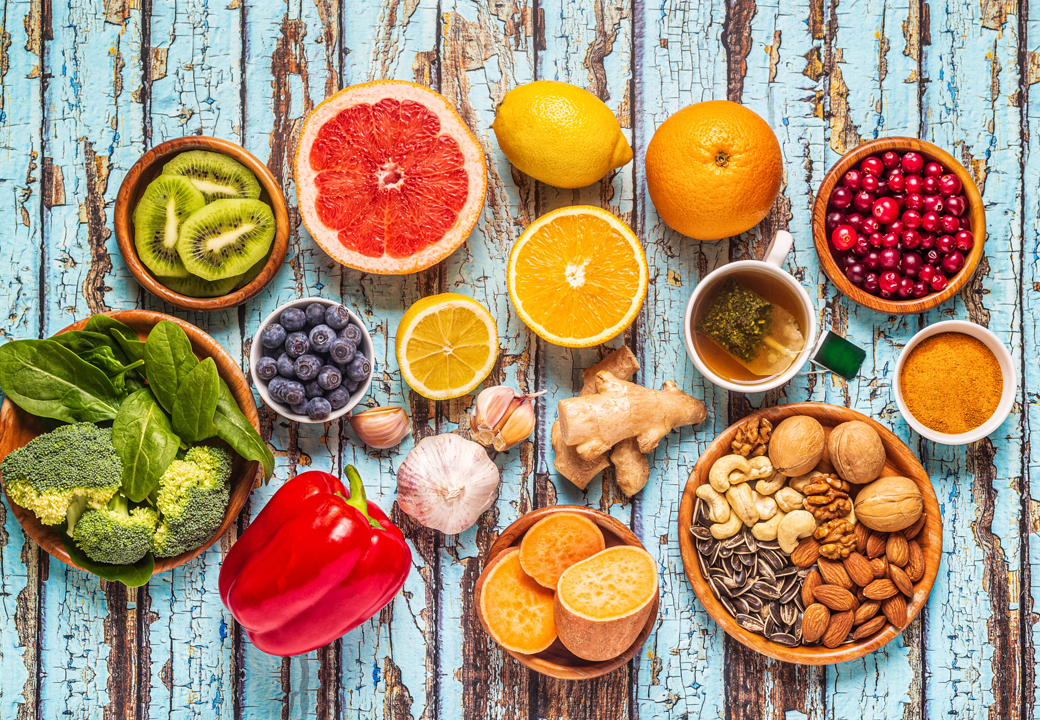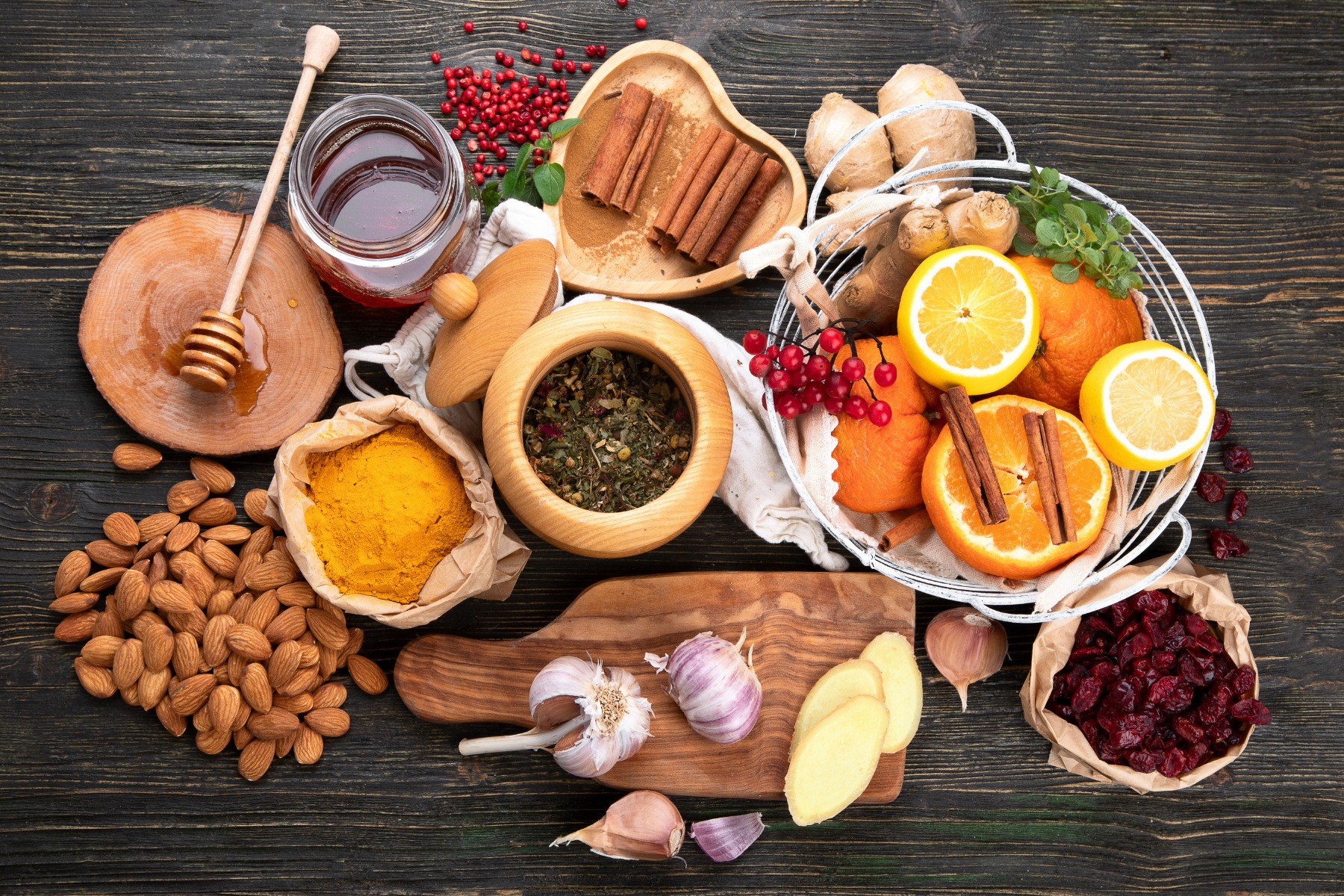
There may only be one human immune system but there are a great many ways to support our inbuilt defences that protect us from illness.
From lifestyle changes to carefully made food choices we can improve our chances of maintaining immunity and strengthening our natural protections.
And while those barriers may peak at puberty, our immune system can still be supported as we age. Luckily, there are three elements to our immunity. The first is natural, where the body recognises and attacks germs while the skin blocks harmful elements from entering.
The second, adaptive immunity, develops over time as we are exposed to disease and when we are vaccinated against certain strains of illness.
The final type is passive, where immunity is temporarily improved, for example when a mother’s milk gives her baby short-term immunity from any diseases she may have been exposed to.
Inevitably our immunity noticeably declines at around age 60 and it is for this reason that the cold and flu season each winter is a particularly worrying time for older people.
However, the stronger your immune system, the more able you are to fight off illness. Research has shown that good food choices are a useful way of strengthening our invisible suit of armour.
British Heart Foundation dietician Victoria Taylor explains that the body needs a combination of key nutrients and that “the nutrients that keep our immune system working well include vitamins A, B6, B12, C and D as well as copper, folate, iron, selenium and zinc”.
She adds that we must “focus on getting these nutrients from a healthy, varied diet including fruits and vegetables, nuts and seeds, wholegrains, dairy products or fortified alternatives, and meat, fish or plant proteins like pulses.”
In the fight for variety goji berries are packed with antioxidants and have been used in traditional medicine for thousands of years. Native to Asia they are a great source of fibre, vitamin A and vitamin C. That is as well as being high in iron which is vital for carrying oxygen around the body and producing healthy red blood cells. They are also sweet and delicious.
Nuts in all their guises also come packed with a plethora of health-giving properties. Not for nothing have researchers at the University of Michigan discovered that eating a handful of nuts each day could help you gain 26 minutes of healthy life. In contrast a hotdog could cost you 36 minutes.
In a nutshell, nuts should form part of a balanced and nutrient-rich diet.
Seeds are a great source of fibre while also loaded with vitamins, minerals and antioxidants which, acting in concert, can the assist immune system. When added as sprinkles to oats and breakfasts, seeds can boost the nutrient quotient far beyond their tiny size. And when eaten daily as part of a healthy diet they can also contribute to reducing blood pressure and cholesterol.
More recently fermented foods such as kimchi, tempeh, kombucha and miso have been identified as having a beneficial impact on our ability to fend off illness. Because these foods are fermented and contain gut-loving probiotics, they are known to help regulate the immune system as well as fight inflammation. Load into the equation the centuries old belief, now backed by science, that spices have hidden health-giving properties and there is enough evidence to suggest that by taking some dietary action we can improve our chances of a better protective suit of immunity armour.
What the NHS says:
The NHS offers a vast range of trusted medical information at nhs.co.uk. The EAT WELL section outlines what you need to know about eating a healthy, balanced diet with guidance on food types, labelling, digestive health, supplements and balancing your diet for optimum health.
Don’t forget
There are other ways to ensure your immune system is kept in good shape.
Medics advise a balanced and healthy approach to diet and exercise, as this has been shown to also help our immune systems.
Where possible five sessions of exercise each week, lasting around 30 minutes, will deliver considerable health benefits.
Along with not smoking and managing stress, lowering alcohol intake is high on the list of ways to try to keep yourself well.
Alcohol is a depressant. It has far-reaching effects on the body and should be taken in moderation.
In addition, a healthy sleep pattern, a good hand washing regime and ensuring you maintain a healthy weight are all important.
Finally, keeping up to date with vaccinations can support our immune response.
